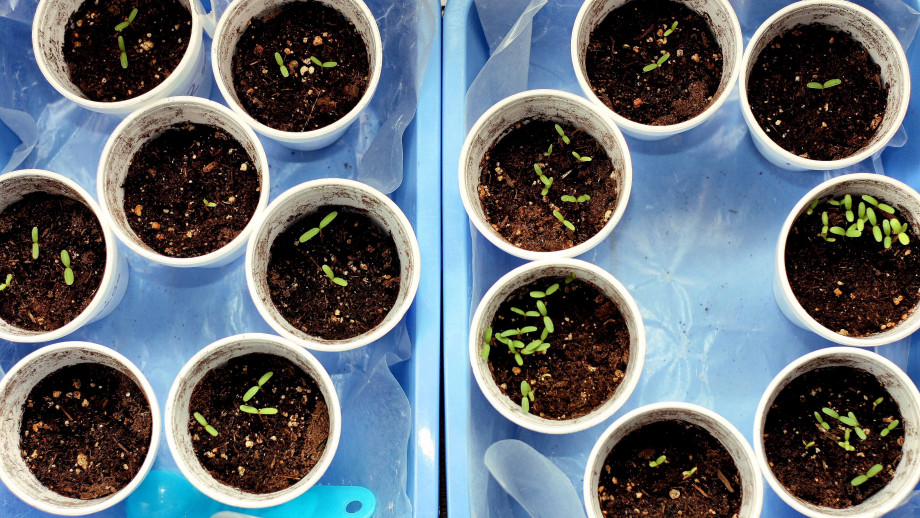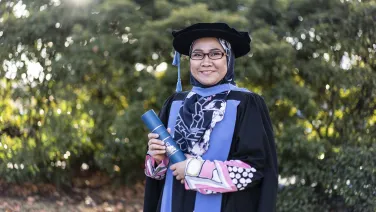Science boosts skills of young people with intellectual disabilities
A new science program for people with intellectual disabilities has found the program has delivered great educational, social and economic benefits to students.
The program, developed by a PhD scholar at The Australian National University (ANU), uses science to engage students with intellectual disabilities, help them observe what is happening around them, evaluate what it means, and then help them provide a reasoned response.
It has been implemented in three schools over the past 10 years, with around 60 students going through the program in the past two years.
Program developer Vanessa de Kauwe said specialist schools who had implemented the program had reported overwhelmingly positive results.
“The results have been overwhelmingly positive. Some students even go on to work, adult education, or both,” said Ms de Kauwe from the ANU Australian National Centre for the Public Awareness of Science.
“Students begin building working models, creating controlled chemical reactions, and tracking processes in nature such as plant growth.
“Some reports show that students who previously did not interact with others started talking at home and school. Others started communicating with notes and drawings.
“Participants are always in a situation where they are learning to communicate with others and share ideas, which helps with their daily living skills.”
Ms de Kauwe said feedback from schools and parents found students became more independent in daily life.
She said people with disabilities were the greatest experts in their own experience. She said radical changes were needed for educational practices and policies for students with an intellectual disability.
“I have spent more than 20 years working in disability and education in Australia and overseas and they are one of the most undervalued groups in society, something I wanted to see change,” said Ms de Kauwe.
“A number of young adults with intellectual disabilities are now assisting me to explain more empowering teaching techniques to science educators from all around the world, and this is how it should be.”


